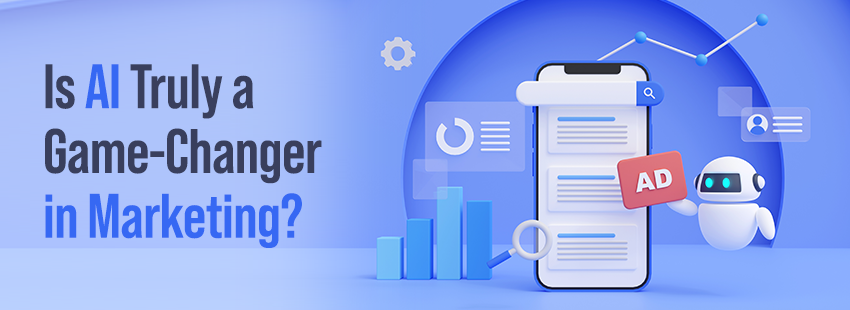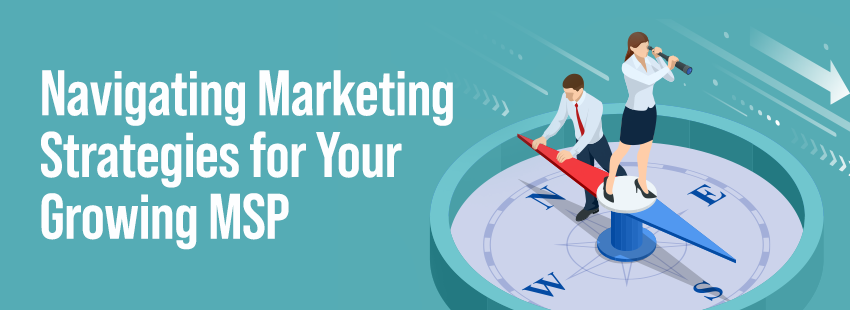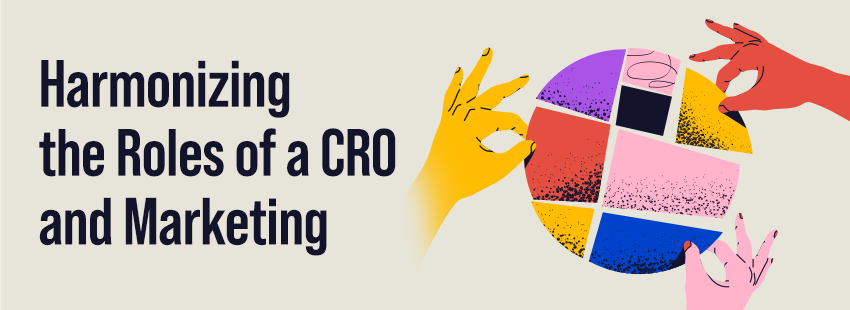Is AI Truly a Game-Changer in Marketing?
Listen to the blog
Artificial Intelligence (AI) has emerged as a buzzword that promises transformative effects, especially in the realm of marketing. Companies are increasingly exploring AI-powered solutions to enhance their marketing strategies and gain a competitive edge. However, amidst the hype, it’s essential to critically examine whether AI is genuinely a new avenue for marketing or if the buzz surrounding it is somewhat misleading.
The Allure of AI in Marketing: AI offers a plethora of capabilities that seem tailor-made for marketing endeavors. From predictive analytics and personalized content recommendations to chatbots and automation, the potential applications are vast. Marketers are drawn to the promise of increased efficiency, better customer targeting, and data-driven decision-making. The allure is understandable, but is it living up to the expectations?
The Misleading Buzz: While AI undoubtedly brings valuable tools to the marketing table, the current buzz may be somewhat misleading. One key aspect contributing to the hype is the perception that AI is a plug-and-play solution that automatically revolutionizes marketing efforts. Successful integration requires careful planning, skilled professionals, and a deep understanding of both the technology and the business context.
Overemphasis on Automation: Another reason for the misleading buzz is the overemphasis on automation. AI can automate routine tasks, analyze large datasets, and streamline processes, but it cannot replace the human touch in marketing. Effective marketing is about building genuine connections with customers, understanding their emotions, and adapting strategies based on nuanced insights – elements that AI, as advanced as it is, struggles to fully grasp.
Data Privacy Concerns: The increasing reliance on AI in marketing also raises significant concerns about data privacy. As AI systems process vast amounts of personal information to deliver targeted campaigns, the risk of data breaches and misuse becomes a pressing issue. Companies must navigate a fine line between leveraging AI for personalized marketing and ensuring robust data protection measures.
The Need for Human Creativity: AI is a powerful tool, but it lacks the innate creativity and emotional intelligence that humans bring to the table. Marketing is not just about crunching numbers and optimizing processes; it’s about storytelling, creativity, and understanding the ever-changing human psyche. AI can complement human efforts, but it cannot replace the unique capabilities that humans bring to marketing strategies.
While AI holds great promise for marketing, it’s crucial to approach the buzz with a discerning eye. The misleading perception that AI is a magic wand for marketing success must be dispelled. Successful integration requires a thoughtful approach, human expertise, and a clear understanding of the technology’s limitations. AI can undoubtedly enhance marketing efforts, but it’s not a standalone solution. The real game-changer lies in finding the right balance between technology and human ingenuity to create compelling, ethical, and effective marketing strategies for the future.





